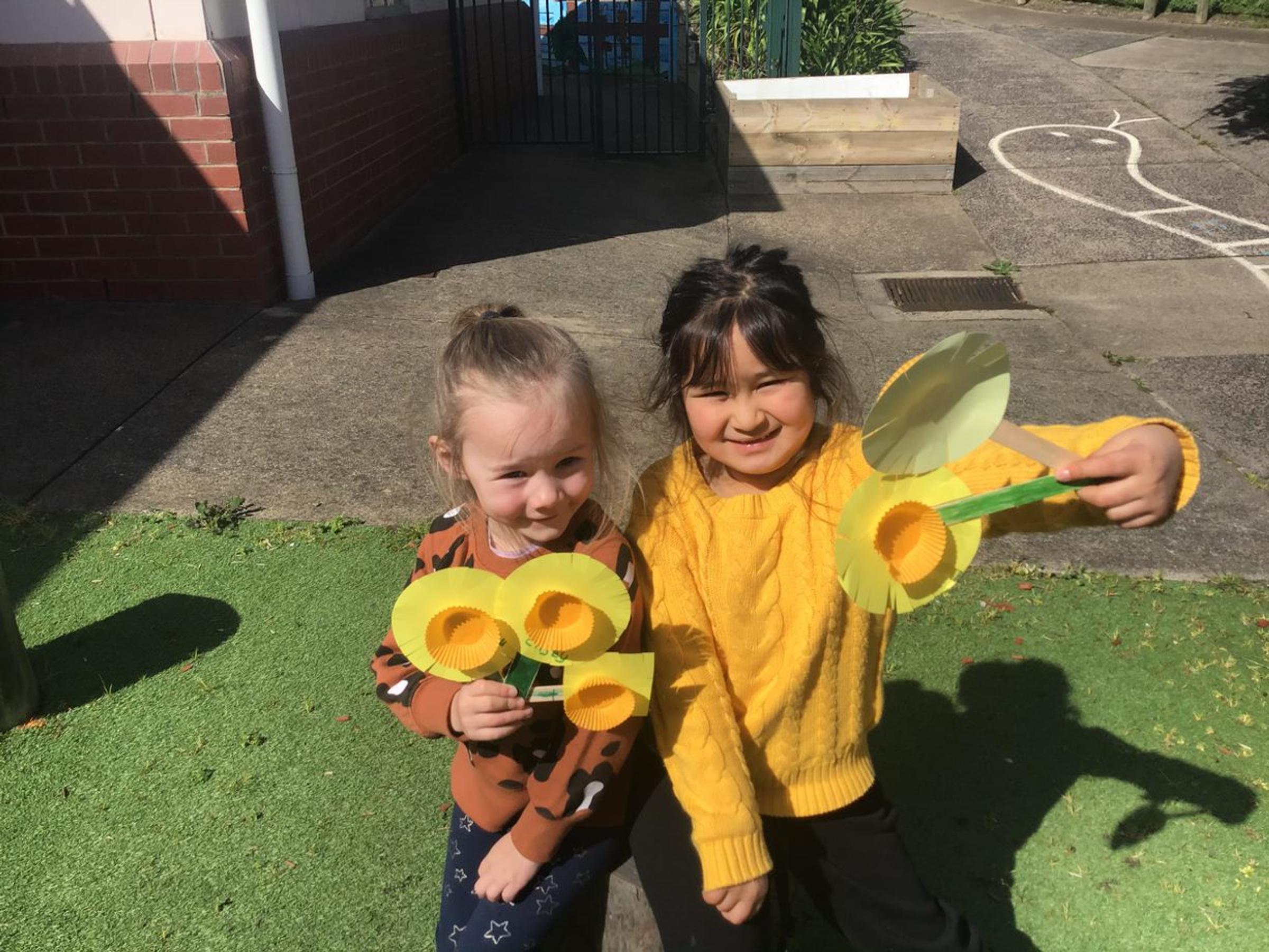Assistant Principal's
Daffodil day

Assistant Principal's
Daffodil day


Maramba Vision
Providing a caring environment where aspirations are nurtured, positive relationships grow, success is celebrated and a passion for lifelong learning is ignited.
Nurture. Innovate. Celebrate.
Dear Students, Parents, Carers and Families,
Communicating with your children about COVID-19
Conversations with your child about challenging circumstances are important. These conversations can help your child to cope, be prepared, and make sense of what they are seeing, hearing and feeling. When your child does not understand the situation, they can worry, feel alone and misunderstand what is going on.
Children, just like adults, are often exposed to so much information that it can be difficult to sort through what is fact, fiction and what is unknown. It is likely that many children are confused by the volume of information that is circulating at the moment, or worried about what they have heard. Talking with your children can help you understand what they are worried about and respond with accurate information or help them to find it.
How you feel matters too!
Most of us are worrying about what is happening – and that is okay. Give yourself permission and time to think about what is worrying you. In the short term, worry can be useful as it can help us focus our thinking on the challenges we are facing and plan how to respond.
It can be helpful to write down your worries and then think about the things you feel you can deal with now and the things you might need more information or support with.
It is also important to find ways to give yourself a break from worry and from thinking about what is happening. Your usual ways of relaxing are important for your wellbeing.
If you are struggling to relax, now might be the time to try out some new strategies such as getting outside, practising mindfulness or listening to music. Free apps like the Smiling Mind (www.smilingmind.com.au/smiling-mind-app) are a great way to access short guided meditations and mindfulness techniques.
If your child is also worried you might like share what you find helpful.
Take time to really listen
Before you answer your child’s questions, it is important to remember to allow them to talk. For example, if your child is scared of catching COVID-19, it may be easy to assume they are scared of becoming very sick. However, they might be more worried about not seeing friends or putting a burden on you to care for them when they know there is so much else happening. Take time to really listen so that you are best able to address their worries or concerns.
Keep the discussion open
Let your child know that it is okay to ask questions now, or later, and be prepared to answer questions further down the track. Resources to help you answer questions:
• Coronavirus (COVID-19) and children in Australia
Raising Children Network:
www.raisingchildren.net.au/guides/a-z-health reference/coronavirusandchildren-in-australia
• Coronavirus (COVID-19) – frequently asked questions.
Department of Health:
www.health.gov.au/resources/publications/coronavirus-covid-19-frequently-askedquestions
• Coronavirus disease (COVID-19): What parents should know UNICEF: www.unicef.org/stories/novelcoronavirus-outbreak-what-parents-should-know
• Q&A on coronaviruses (COVID-19) World Health Organisation:
www.who.int/news-room/q-a-detail/q-acoronaviruses
The best way to communicate hope is to talk about the actions that are being taken to prepare, to stay safe and to recover. Talk to children about:
• What is happening in the community:
Lots of people are working really hard to keep everyone safe, for example, doctors and nurses are getting ready to look after people if they get sick.
• What you are doing at home
We have some extra food and supplies just in case we need to stay home to help stop the spread of the virus and we are making an extra effort to wash our hands and clean the bench.
• What they can do
Children often want to help. You can share some of the helpful things that they can do such as washing hands and covering their mouth and nose when they cough.
One of the most important things you can do is to help stop the virus from spreading. This means washing your hands more regularly and for longer - let’s try singing
‘Happy Birthday’ all the way through while we wash. You can also cover your mouth with your elbow whenever you cough or sneeze.
How are your children coping?
Your children might not be worried about what is happening – and that is okay. It is also natural for children to feel worried about what is happening around them or what could happen.
For further information go to www.emergingminds.com.au
Kind regards,
Diane Morwood
Assistant Principal